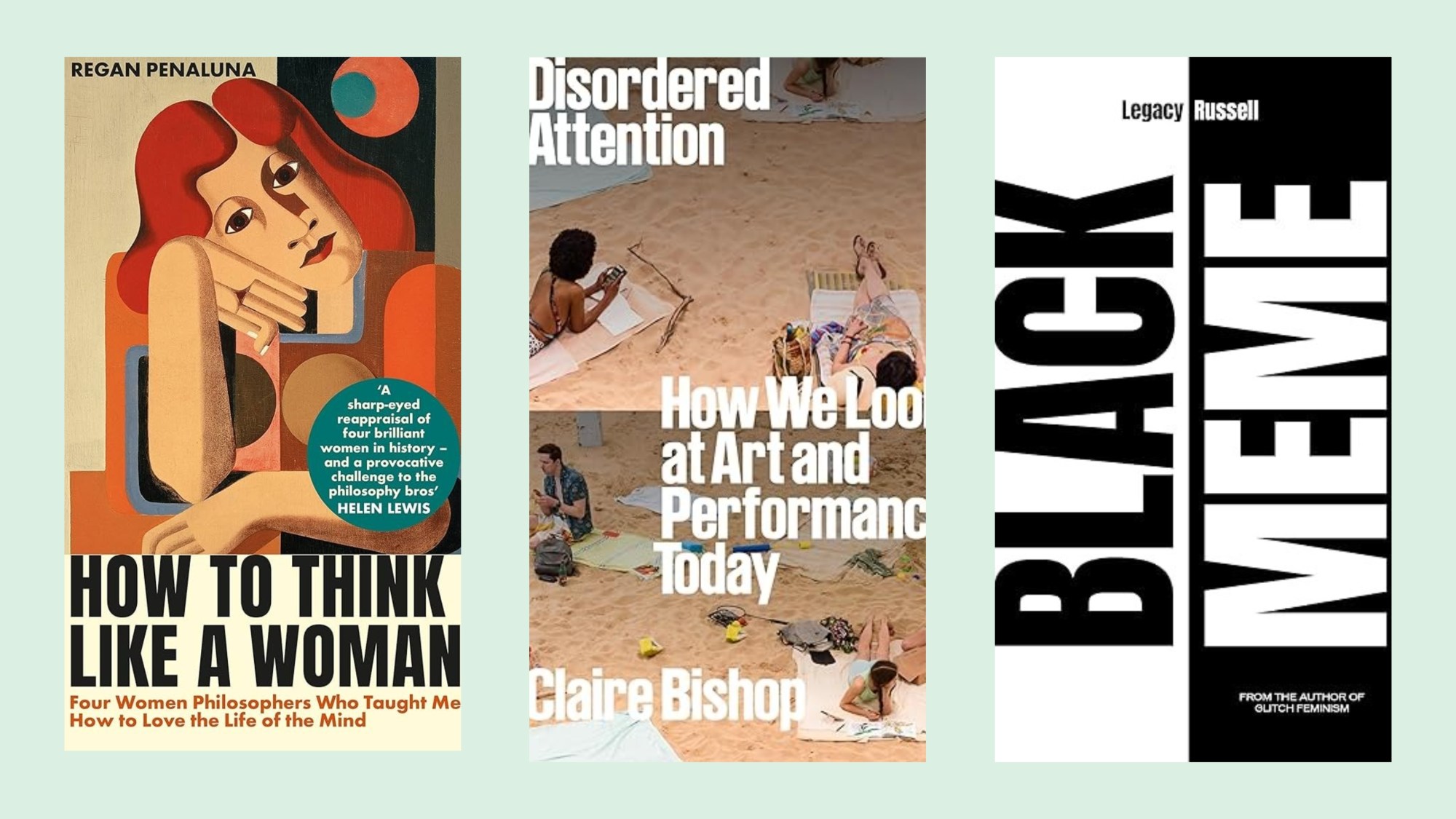2024 is an exciting year for non-fiction writing, with much-anticipated books from journalists and essayists both new and established. Whether it’s a history of Black gay men in Britain or thinking about how we view modern art, the following books ask us to think about both history and contemporary culture in new ways. Many of these writers ponder digital culture and how it impacts how we see the wider world, whereas others delve deep into physical archives and use their findings to give us fresh perspectives on a variety of social issues. All in all, 2024’s offerings will make you question things you previously thought about common aspects of our lives.
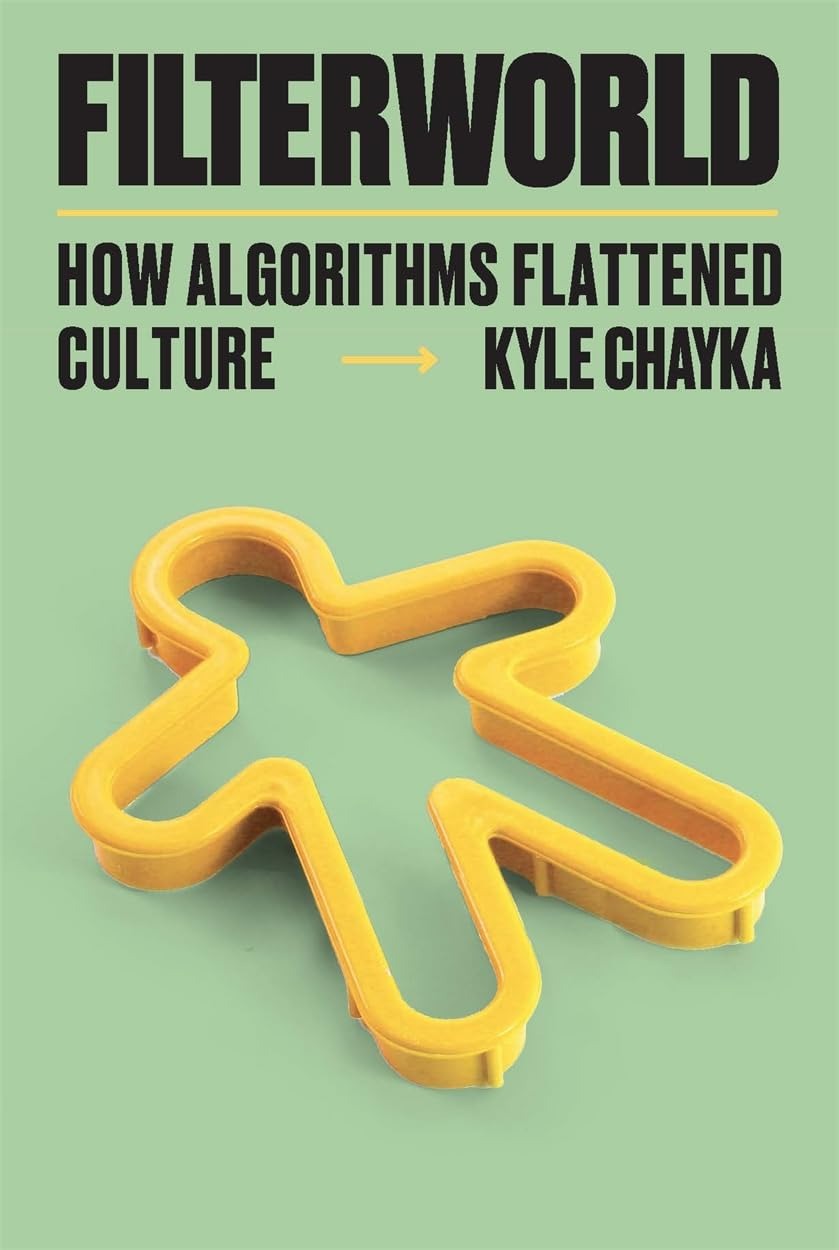
Filterworld: How algorithms flattened culture, Kyle Chayka
Kyle Chayka blends investigative journalism with essay in his book on how algorithms recommend content to its users on social media and streaming platforms. He deep-dives into how sites like Tiktok, Instagram and Netflix monitor user behaviour by talking to a range of experts like tech executives, influencers and computer scientists, noting how this has resulted in a homogenisation of culture. An essential book for anyone questioning if their phones are ‘listening’ to them.
‘Filterworld’ is published by Bonnier and is available from January 2024.
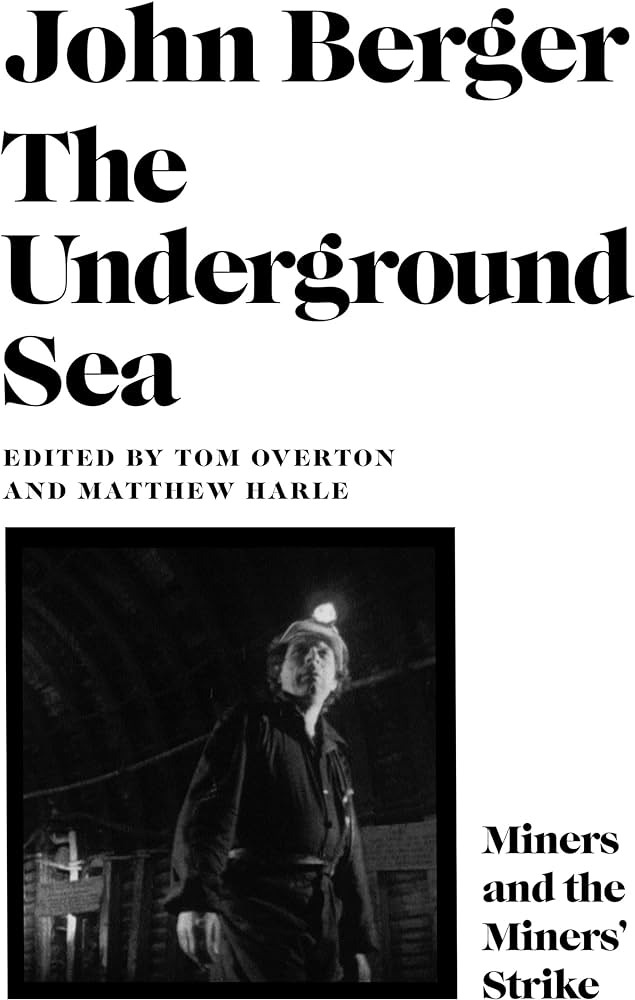
The Underground Sea: Miners and the Miners’ Strike, John Berger
Published to mark the 40th anniversary of the 1984-5 Miners’ Strike, this collection of interviews and essays from John Berger’s archives is compiled in order to provide commentary on modern-day industrial organisation efforts. Featuring transcripts and an image-essay from his rarely-seen 1973 BBC programme Germinal, the art critic and novelist reflects on the lives of people in mining communities, and how to stand in solidarity with them from the outside.
‘The Underground Sea’ is published by Canongate and is available from January 2024.

The Vast Extent: On Seeing and Not Seeing Further, Lavinia Greenlaw
Poet, memoirist and novelist Lavinia Greenlaw reflects on how art, science, technology, vision and memory inform one another and impact what we see and perceive. In this collection of ‘exploded essays’, Lavinia asks her reader to think about how we describe things we have seen or not seen, how we see things that are not there, and what it is that helps us see more clearly — and why. This book will make you question how you see and think about everything in front of you.
‘The Vast Extent’ is published by Faber & Faber and is available from January 2024.
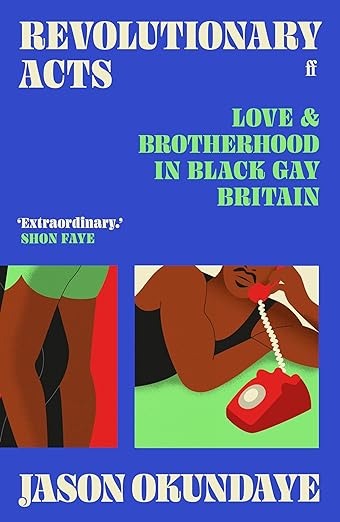
Revolutionary Acts, Jason Okundaye
The much-anticipated debut from journalist (and i-D contributor) Jason Okundaye charts the history of Black gay men in Britain. Compiled from interviews with men who have lived through the AIDs crisis, the establishment of the first LGBTQ+ communal spaces and who have been involved with the history of radical sex activism, Jason paints a vivid and personal picture of a much-overlooked history. Written and handled with extreme care and insight, Revolutionary Acts is sure to become a key text in queer history and activism.
‘Revolutionary Acts’ is published by Faber & Faber and is available from March 2024.
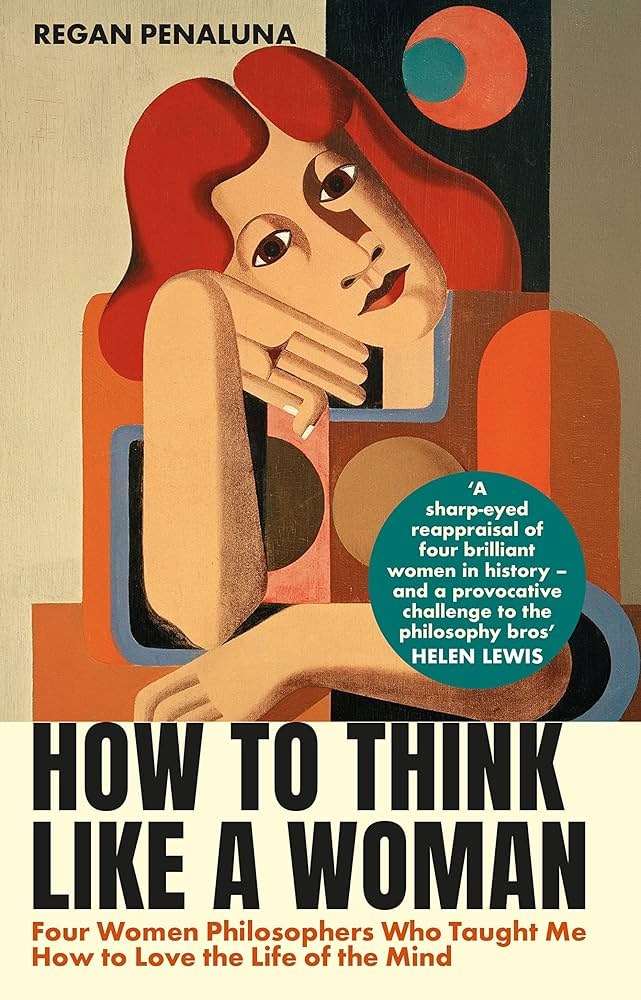
How to Think Like a Woman: Four Women Philosophers Who Taught Me to Love the Life of the Mind, Regan Penaluna (March – Grove Press)
Blending memoir with essay, Regan Penaluna reflects on her childhood in a small, religious community and how this made her seek out philosophy at college because of her big, unanswered questions about the universe and her place within it. A later realisation would force her to level with the misogyny inherent in much Western philosophy and seek out women philosophers, who would change the way that she saw both the field and the wider world. Drawing on the biographies of Damaris Cudworth Masham, Mary Astell, Catharine Cockburn and Mary Wollstonecraft, she assesses the rich, largely hidden history of what women have brought to philosophy, and how this has shaped her as a person.
‘How To Think Like A Woman’ is published by Grove Press and is available from March 2024.
Wild Service: A Culture of Care, Nick Hayes et al.
A collection of essays from members of the Right to Roam campaign (accompanied by wood-cut illustrations by Nick Hayes) springboard from a 2022 Royal Swedish Academy of Science study that showed that without an adequate connection with nature, the mental and physical well-being of millions of people is at risk. Wild Service outlines how we can cultivate a positive relationship with the landscape that will, in turn, lead to the protection of natural spaces. Using science, nature writing and indigenous philosophy, these essays effectively argue for a shift in perspective and lifestyle that positively benefit us all.
‘Wild Service’ is published by Bloomsbury and is available from April 2024.
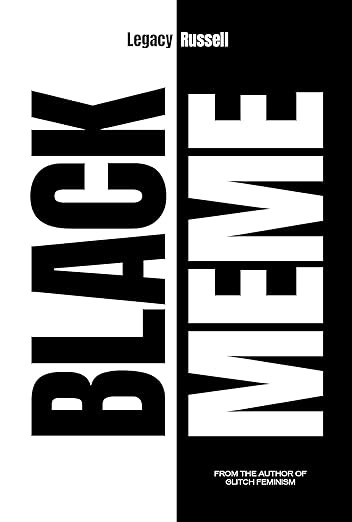
Black Meme: The History of the Images that Make Us, Legacy Russell
The award-winning author of Glitch Feminism is back with an expert deconstruction of how Blackness has been presented in culture from the beginning of the twentieth century until the present day. Exploring the meaning of the “meme” and how this pre-dates the internet proves to be an incisive way to explore how Black people have suffered from often deadly racism, as in the Facebook Live recording of Philando Castile’s murder by police by partner Lavish “Diamond” Reynolds and Jet Magazine’s publication of Emmett Till in his open casket. Legacy connects these examples of visual culture, among many others, into one cohesive study that provides a new perspective on how visual culture impacts perception.
‘Black Meme’ is published by Verso and is available from May 2024.
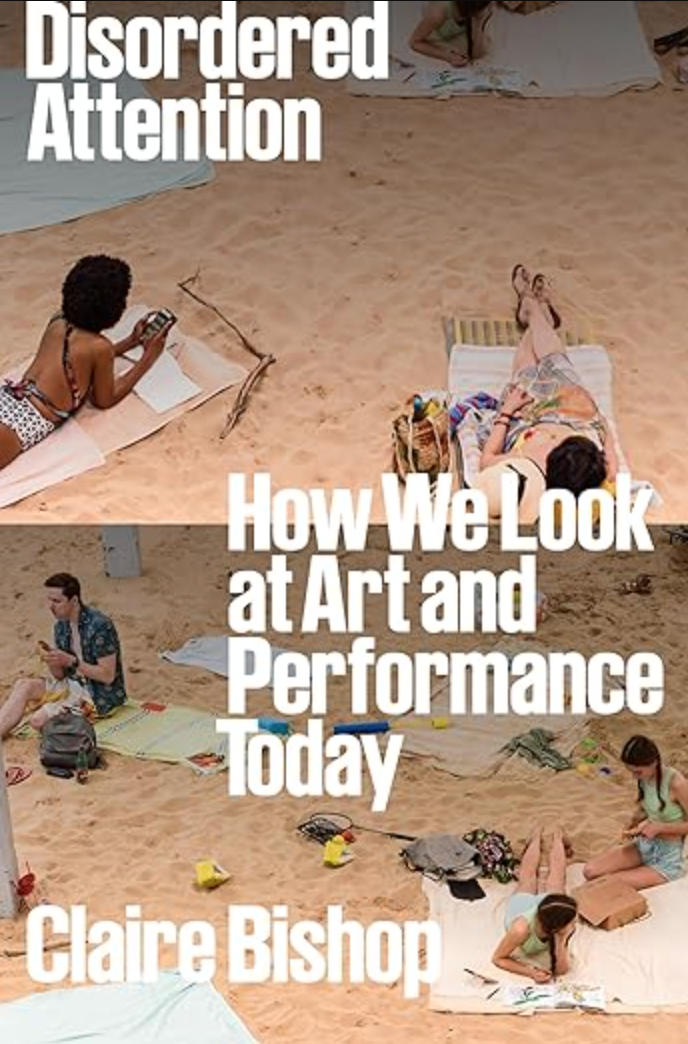
Disordered Attention: How we Look at Art and Performance, Claire Bishop
Across four essays, art historian and critic Claire Bishop considers how the changing way that we view things, which has (on the whole) resulted in shorter attention spans, has impacted how we receive modern art and performance. This is as much about digital culture as it is about art, and how internet usage has changed both the production and viewership of exhibitions, architecture and spatial performance. Can we fully appreciate these forms of art when we have been conditioned to skim, swipe and scroll? How has the idea of holding the audience’s attention impacted how things are made? Claire mulls over these questions using examples and her own incisive criticism, resulting in a thought-provoking book on creation and viewership.
‘Disordered Attention’ is published by Verso and is available from August 2024.
